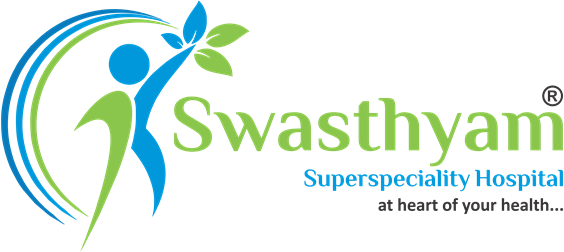What is Cardiac Arrest?
Sudden cardiac arrest is the abrupt loss of heart function, breathing and consciousness. The condition usually results from a problem with your heart’s electrical system, which disrupts your heart’s pumping action and stops blood flow to your body.
Sudden cardiac arrest isn’t the same as a heart attack, when blood flow to a part of the heart is blocked. However, a heart attack can sometimes trigger an electrical disturbance that leads to sudden cardiac arrest.
If not treated immediately, sudden cardiac arrest can lead to death. Survival is possible with fast, appropriate medical care. Cardiopulmonary resuscitation (CPR), using a defibrillator — or even just giving compressions to the chest — can improve the chances of survival until emergency workers arrive.
Symptoms
Signs of sudden cardiac arrest are immediate and drastic and include:
- Sudden collapse
- No pulse
- No breathing
- Loss of consciousness
Sometimes other signs and symptoms occur before sudden cardiac arrest. These might include:
- Chest discomfort
- Shortness of breath
- Weakness
- Fast-beating, fluttering or pounding heart (palpitations)
When to see a doctor
- Chest pain or discomfort
- Heart palpitations
Causes
The usual cause of sudden cardiac arrest is an abnormal heart rhythm (arrhythmia), which happens when your heart’s electrical system isn’t working correctly.
The heart’s electrical system controls the rate and rhythm of your heartbeat. If something goes wrong, your heart can beat too fast, too slowly or irregularly (arrhythmia). Often these arrhythmias are brief and harmless, but some types can lead to sudden cardiac arrest.
The most common heart rhythm at the time of cardiac arrest is an arrhythmia in a lower chamber of your heart (ventricle). Rapid, erratic electrical impulses cause your ventricles to quiver uselessly instead of pumping blood (ventricle fibrillation).
Risk Factors
Because sudden cardiac arrest is so often linked with coronary artery disease, the same factors that put you at risk of coronary artery disease can also put you at risk of sudden cardiac arrest. These include:
- A family history of coronary artery disease
- Smoking
- High blood pressure
- High blood cholesterol
- Obesity
- Diabetes
- An inactive lifestyle
Other factors that might increase your risk of sudden cardiac arrest include:
- A previous episode of cardiac arrest or a family history of cardiac arrest
- A previous heart attack
Prevention
Reduce your risk of sudden cardiac arrest by getting regular checkups, being screened for heart disease and living a heart-healthy lifestyle.
Treatment
Sudden cardiac arrest requires immediate action for survival.
CPR
Immediate CRP is crucial for treating sudden cardiac arrest. By maintaining a flow of oxygen-rich blood to the body’s vital organs, CRP can provide a vital link until more-advanced emergency care is available.
If you don’t know CRP and someone collapses unconscious near you, call 911 or emergency medical help.
Defibrillation
Advanced care for ventricular fibrillation, a type of arrhythmia that can cause sudden cardiac arrest, generally includes delivery of an electrical shock through the chest wall to the heart. The procedure, called defibrillation, momentarily stops the heart and the chaotic rhythm. This often allows the normal heart rhythm to resume.
At the emergency room
Once you arrive in the emergency room, the medical staff will work to stabilize your condition and treat a possible heart attack, heart failure or electrolyte imbalances. You might be given medications to stabilize your heart rhythm.
Consult a Specialist
Connect with expert doctors for personalized, reliable medical guidance.
